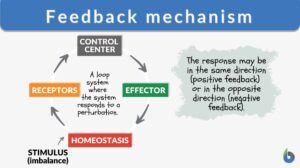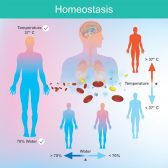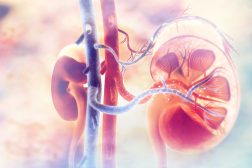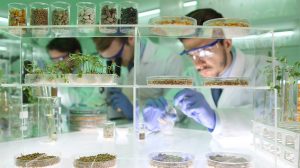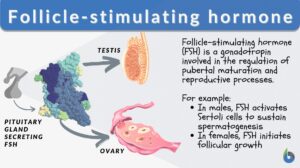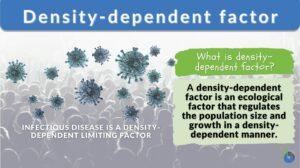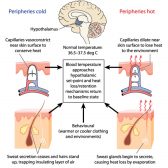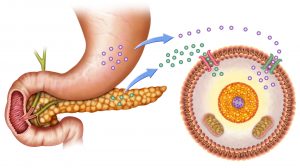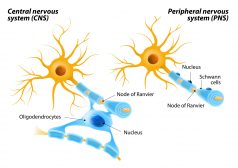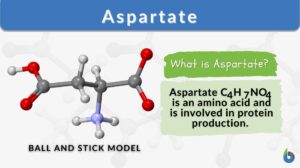Search Results for: negative feedback
Feedback mechanism
Feedback Mechanism Definition What is a feedback mechanism? A feedback mechanism is a physiological regulation system in a... Read More
Positive feedback
Positive Feedback Definition Each mechanism of the body like temperature, blood pressure, and levels of specific nutrients... Read More
Negative feedback
Definition noun (1) A feedback in which the system responds to the perturbation in the opposite direction as the... Read More
Homeostasis
Homeostasis is the tendency not to stray from the range of favorable or ideal internal conditions. Such conditions must be... Read More
Physiological Homeostasis
In animals such as ourselves, the internal environment of our bodies must have certain conditions within tolerable limits to... Read More
Principles of Hormonal Control Systems
Hormones are chemical messengers that enter the blood directly upon their secretion from endocrine glands. A single gland or... Read More
Human Reproduction
Terminology and Concepts Primary reproductive organs are called gonads - testes in the male and ovaries in the female.... Read More
Feedback regulation
Feedback regulation (Science: physiology) control mechanism that uses the consequences of a process to regulate the rate at... Read More
Equilibrium
Equilibrium Definition In Biology Equilibrium refers to the state of balance and stability. In biology, equilibrium is... Read More
Homeostasis of Organism Water Regulation
Osmoregulation Osmoregulation is the regulation of water concentrations in the bloodstream, effectively controlling the... Read More
Regulation of Biological Systems
Regulation of Biological Systems tutorials are focused on the modulation of biological systems from cell to population... Read More
Homeostatic Mechanisms and Cellular Communication
Homeostasis is the relatively stable conditions of the internal environment that result from compensatory regulatory... Read More
Follicle-stimulating hormone
Follicle Stimulating Hormone Definition In the pituitary gland of the brain, gonadotropic hormones are released.... Read More
Regulation of Organic Metabolism, Growth and Energy Balance
Organic Metabolism Events of Absorptive and Post-absorptive States. The absorptive state is the period during which... Read More
Overshoots
overshoot 1. Generally, any initial change, in response to a sudden step change in some factor, that is greater than the... Read More
Density dependent factor
Density-dependent factors are the limiting factors of an ecosystem that regulate population growth in a density-dependent... Read More
Respiration
Organization of the Respiratory System Each lung is composed of air sacs called alveoli - the sites of gas exchange with... Read More
Servomechanism
servomechanism 1. A control system using negative feedback to operate another system. 2. A process that behaves as a... Read More
Temperature Regulation in Animals
Control of Temperature in Homeotherms Animals capable of temperature regulation within a given range are deemed homeotherms... Read More
Sugar Homeostasis
Blood Sugar Regulation As described in Cell Biology tutorials, the body requires volumes of glucose in order to create ATP.... Read More
An introduction to Homeostasis
Researched and Written by Jonjo MinnsSubmitted to biologyonline.com on February 25, 2009.Published in biologyonline.com... Read More
The Central Nervous System
Myelin Sheath Myelin is a substance that forms the myelin sheath associated with nerve cells. This sheath is a layer of... Read More
Living things
Living Things Definition A living thing pertains to any organism or a life form that possesses or shows the characteristics... Read More
